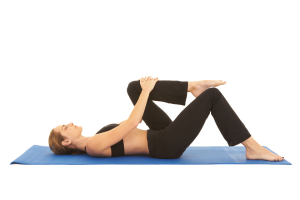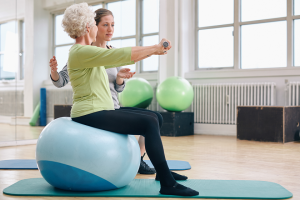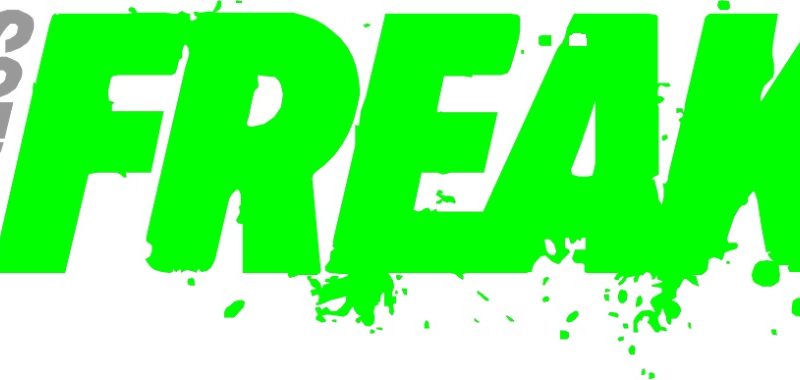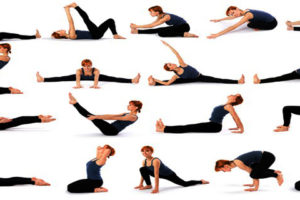The requirement for sports dietitians and nutritionists is expanding as high schools, colleges, professional teams and athletes integrate nourishment. The need is good, the Academy of Dietetics and Nutrition offers board accreditation in sport dietetics. Based on your schedule, you might take the formal path or take assignments or web based classes to add sports nutrition consulting into fitness instructor enterprise or a trainer. No source was found for this media. Practitioner Julie Burns has used her instruction to land Bears, White Sox and Bulls customers such as the Chicago Blackhawks, in addition to elite athletes from around the world.
Page Love, former Baylor University tennis player uses her qualifications talk in sports conferences, consult with athletes use teams such as the Atlanta Braves and to write for publications. Responsibilities – Sports dietitians and nutritionists work. They review and evaluate an athlete eating routine and make diets that are far healthy based instruction and game day needs. You need to know how they affect the body and what is in foods, said Burns. Burns has expanded her knowledge base into include exercise physiology and an understanding of the ability of natural foods like yams and coconut water. Many athletes do not realize what a strong performance edge food is till they meet with a sport dietitian and get on a proper diet, she says.
While certified nutritionists might help local weekend warriors enhance their diets, registered dietitians who’ve particular training in sports nourishment land the big professional clients. The road into a career as an elite sport dietitian begins with an academic degree in nutrition, followed by a 9 month intern, then accreditation as a registered dietitian nutritionist. Once you earn your degree, ask into be put in the sport nutrition rotation during your intern, recommends Love, proprietor of Nutrifit Sport Therapy in Atlanta. Many larger universities have sports dietitians on staff, and you may do your intern at or near your school. Burns recommends taking continuing education courses when you graduate to raise your possibility of working with pro athletes and groups. I get tons of calls and e-mails from people saying, I want into be a sport nutritionist. I tell them into go get your accreditation as a Registered Dietitian Nutritionist, then integrate that by learning about exercise physiology, holistic eating, organics and practical nutrition. These nutritionists are much less trained and controlled than dietitians, but a lot of personal trainers and physical fitness instructors add nourishment to their set of skills.















